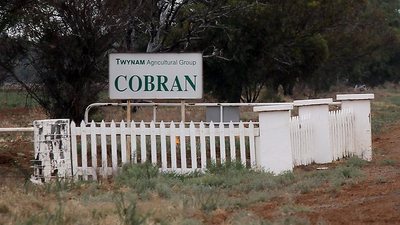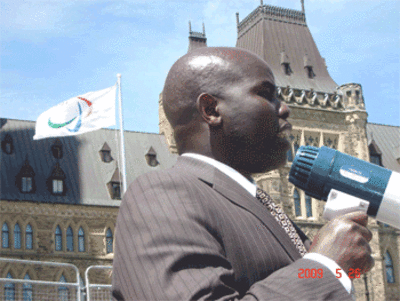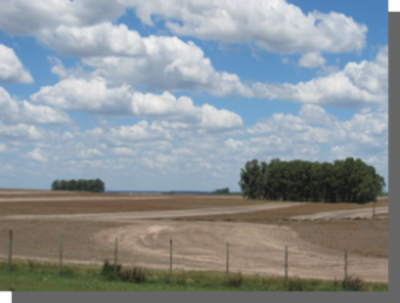Land Rush: How do you feed the world
- Why Poverty?
- 11 December 2012
Documentary film examines the experience of Mali with large-scale farmland grabs.

Documentary film examines the experience of Mali with large-scale farmland grabs.

TIAA-CREF's Westchester group buys 17,200 ha Cobran Station, once Australia's largest rice farm, while Sweden's Forsta AP-fonden buys the 16,000 ha Merri Meric farm near Henty.

Feronia Inc. announced that it has entered into a share subscription agreement with the African Agriculture Fund managed by Phatisa Fund Managers Limited

Controversial farmland deals in developing countries can have a negative impact on the people who live on the land, according to a new U.N. report.

New census data out this week from Uruguay’s leading ag agency shows the number of foreign investors buying Uruguay farmland and the average farm size both rose rapidly over the past decade.

We need to shift our focus away from the question of how to make large-scale land “investments” sustainable and ask the underlying question of development policy: which strategies are best suited to combat hunger and to empower marginalised groups to feed themselves?

New research from War on Want reveals that the UK government’s Department for International Development (DFID) has been using the aid budget to promote the interests of multinational food companies in Africa.

Report calls upon governments, civil society and corporate investors to ensure that large-scale investments in agriculture, like the acquisition of land by private companies and funds, are transparent, accountable, socially beneficial and environmentally sustainable.

Forum condemns any practices consisting in grabbing natural resources (land, water, forests...) and granting them to agro-industrial stakeholders who are threatening the development of family farms' potential.

Many of the world’s biggest pension funds as well as family offices of wealthy individuals –looking for diversification and steady returns in times of market volatility– have been pouring money into farmlands, writes Kelvins Tan

Ospraie Management, the famous commodities hedge fund, is still long on farmland because it has actual cash flow. Many pension funds are now buying farmlands, reports Bloomberg.

The question of how farmers will feed the world while adjusting to changing weather patterns appears to have been sidelined at the climate talks in Doha even as this year's crippling drought in the US sent grain prices to record highs.